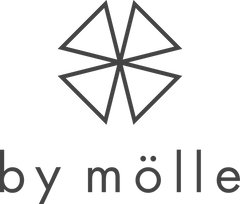Reuse is of all times. We discovered the two-thousand-year-old Korean Pojagi patchwork technique in which pieces of fabric are reused in a special way.
Pojagi (보자기) is similar to quilting but the difference is in the special finish of the seams. At Pojagi, seams are 'enclosed' with a special technique, in which both the front and the back are beautifully finished. The first mention of Pojagi dates back to AD 42 and it is probably a much older technique than Western quilts. The technique is also found in Japan and China, but in Korea it is embedded in the culture to this day. It was a good way to reuse scraps of fabric such as silk, cotton and linen. The pieces were put together in beautiful patterns to form a traditional square Pojagi cloth. Pojagi cloths are used to transport groceries, to keep family heirlooms and valuables, but also to give gifts at a birthday or wedding. The packaging ensures that good wishes are part of the gift. Also, Pojagi is still used in the Korean parliament to present important documents. bespoke Pojagi in our studio
bespoke Pojagi in our studio
We have applied this special and traditional Pojagi technique with remnants of our translucent, in-between linen fabrics. Beautiful as a room divider, curtain or panel in front of a window. As the front or back is neatly finished the Pojagi patchwork can hang freely in the room and creates a beautiful play of light and shadow. We tailor-make the Pojagi patchwork in four colors of sheer linen fabric: flax, misty grey, pebble and warm white. The costs are € 295 per m2 and it takes 4 to 6 weeks to make a panel.
Please contact us for a quote or styling advice or read more about our linen curtains and fabrics here. 
